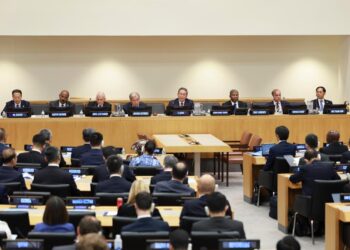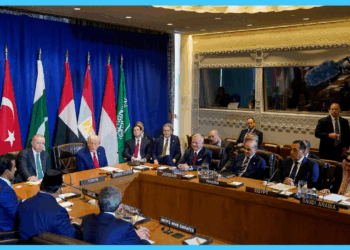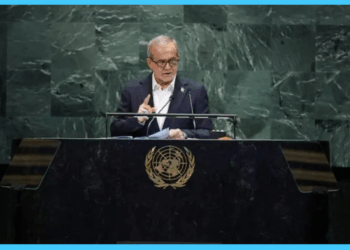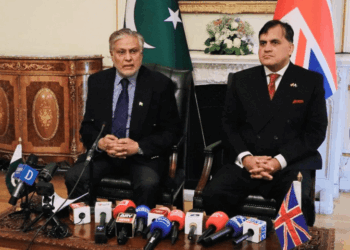ISLAMABAD; The Islamabad High Court (IHC) has fixed for September 16 the hearing of a petition challenging the appointment of its own judge, Justice Tariq Mehmood Jahangiri, on the grounds of alleged irregularities in his law degree. The case will be heard by a two-member bench headed by Chief Justice Sardar Muhammad Dogar.
The petition, filed by advocate Mian Dawood under Article 199 of the Constitution, argues that Justice Jahangiri’s LLB degree from Karachi University (KU) is not credible, making his legal career and subsequent appointment unlawful. The petition cites correspondence with KU as evidence.
This petition was initially filed earlier this year, and former IHC Chief Justice Aamer Farooq had reserved judgment on its maintainability.
The controversy over Justice Jahangiri’s degree intensified after the Sindh High Court (SHC), on September 5, 2024, suspended Karachi University’s decision to cancel his degree. The SHC ruled that KU’s Syndicate and its Unfair Means Committee had revoked the degree in his absence, depriving him of the right to a fair hearing, a violation of Article 10-A of the Constitution.
The SHC observed that KU’s action was taken without transparency, declaring the decision illegal and null and void. The court further restrained KU from taking any coercive measures against Justice Jahangiri until further proceedings.
The matter first came under public spotlight in July 2024, when a letter allegedly issued by KU’s controller of examinations circulated on social media, questioning Justice Jahangiri’s degree awarded in 1991 under enrolment number 5968.
Subsequently, KU’s Syndicate formally revoked his degree during a controversial meeting held the same day that academic and syndicate member Dr. Riaz Ahmed was detained by police, a move widely seen as an attempt to keep him from attending the meeting.
Justice Jahangiri’s counsel has consistently argued that the Unfair Means Committee was unlawfully constituted and lacked authority to cancel the degree, adding that only the Judicial Commission of Pakistan has jurisdiction to assess a sitting judge’s credentials or appointment.
The issue has also carried political overtones, as Justice Jahangiri was among six IHC judges who, in March 2024, wrote a letter to the Chief Justice of Pakistan highlighting alleged interference by intelligence operatives in judicial functions.
The upcoming IHC hearing will now determine both the maintainability of the petition and the implications it may have on the credibility of judicial appointments and institutional independence.
























